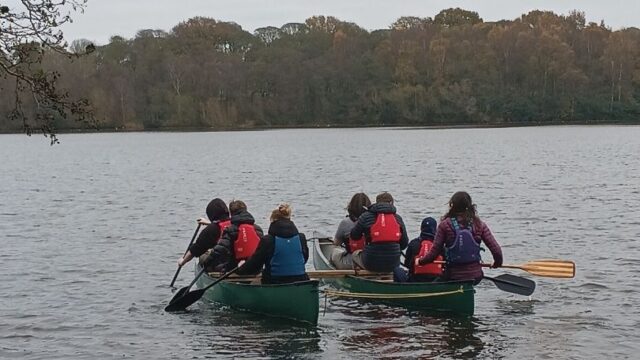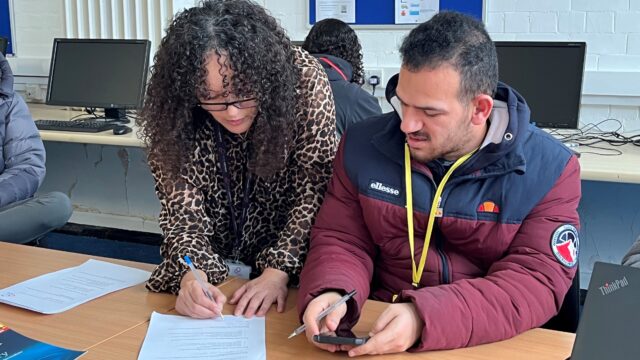Browse our research into social mobility, employment and employability.
Research status
Research theme
Research type
Active filters:
Preview
In Progress

Addressing needs of young people with SEMH conditions is vital in driving down NEET figures
07 March 2025
Our research finds nearly five times as many NEET young people with an SEMH condition than those without.
Young People
View
Recommendation
In Progress

Career Connect calls for Gatsby-style benchmarks to boost careers support for NEET 16-17-year-olds
27 February 2025
Career Connect is proposing a set of qualitative benchmarks for careers support for 16-17-year-olds who are NEET – as numbers continue to rise.
Young People
View
Report
Complete

Evidencing the Impact of Impartial Careers Advice: Consultation Findings
12 February 2025
View the findings of our national consultation: ‘Careers Advice is Vital for our Future: Assessing the Evidence’.
Young People
View
Analysis
Complete

Career Connect study highlights high likelihood of ADHD among NEET young people
03 January 2025
Our pilot study has found a high level of likelihood of ADHD among young people that the charity supports into education, employment and training.
Young People
View
Analysis
Complete

Analysis: Elective home education: a growing challenge for schools and local authorities in the North West
28 March 2024
Our analysis of home education figures in the Northwest (Autumn 2023 DfE national figures release)
Education
View
Recommendation
Complete

Learnings and recommendations from the Sefton NEET Reduction and Early Intervention Service
29 February 2024
Learnings and recommendations from the Sefton NEET Reduction and Early Intervention Service
Young People
View
Analysis
Complete

Career Connect journal article highlights lack of careers provision for home educated young people
28 February 2024
Our home education research has been published in peer-reviewed journal, British Journal of Guidance and Counselling.
Young People
View
Analysis
Complete

Stemming the tide: highlighting the increasing risk of NEET among school leavers
13 October 2023
This analysis of NEET figures looks at the increasing pressures faced by local authorities and partners who provide professional careers guidance.
Young People
View
Analysis
Complete

Shining a light on home education: five things we learned from the new Department for Education (DfE) data.
01 August 2023
Our analysis of the Department of Education's first data release on home education.
Education
View
Recommendation
Complete

The importance of locally-focused solutions in addressing youth unemployment
06 July 2023
This report summarises Career Connect’s submission to the All-Party Parliamentary Group on Youth Employment.
Young People
View
Report
Complete

Career Connect study explores needs of home educated young people
07 February 2023
Our report on the support home learners and their families need to access education and plan for young people’s futures.
Education
View
Recommendation
Complete

How is mental health affecting young people accessing the labour market and quality work?
19 December 2022
Our submission to the APPG (All-Party Parliamentary Group) for Youth Employment.
Young People
View
